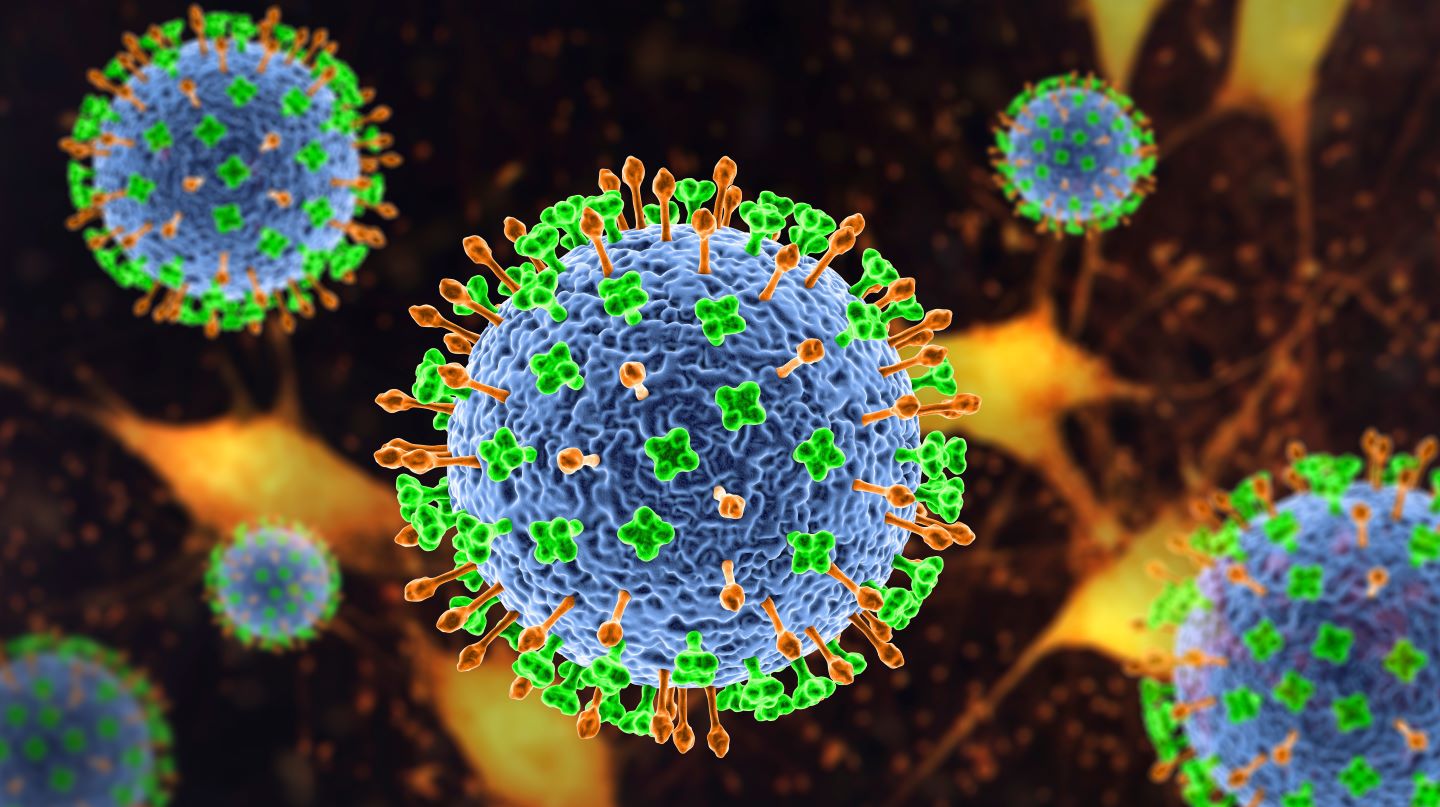Time: 2024-07-08
In 2019 , stakeholders started making recommendations on research and development goals for the Nipah virus , a paramyxovirus with a high case - fatality rate that causes severe encephalitis in humans . The Center for Infectious Disease Research and Policy ( CIDRAP ) at the University of Minnesota , with funding from the Wellcome Trust , recently engaged an expert working group to update the research and development roadmap for the virus . The updates , reflecting recent literature and expert consensus , were published in 2024.

On the Clinical trials front , the Coalition for Epidemic Preparedness Innovations ( CEPI ) announced plans to start trials for MBP1F5 , a Monoclonal antibody against the Nipah virus , in India and Bangladesh . The trials , supported by 3.5 m in funding from CEPI , aim to assess the safety and tolerability of the antibody in healthy adults . The antibody , developed by ServareGMP and Mapp Biopharmaceutical , targets the virus F protein to prevent infection and offer protection against both known strains of the virus.
The goal is to provide immediate protection for individuals at risk of Nipah virus exposure , such as healthcare workers and caregivers . CEPI 's CEO , Richard Hatchett , emphasized the importance of having a monoclonal antibody as an additional tool against the highly lethal Nipah virus.
Looking ahead , efforts are focused on developing vaccines and other medical countermeasures to combat the Nipah virus . Research is ongoing to establish rapid diagnostic tests and effective treatments by 2030 . With no current vaccines available , the roadmap aims to address the gaps in progress and outline specific action steps to move forward in combating the virus.
Time is of the essence , as the high case - fatality rate of Nipah virus infections underscores the urgency for preparedness . Major stakeholders , including experts from various institutions , have collaborated to identify key gaps and define goals to address these issues effectively . The roadmap serves as a guideline to navigate the challenges posed by the Nipah virus and establish a clear vision for future research and development.
In conclusion , the advancement of clinical trials for a monoclonal antibody and the ongoing research efforts highlight the importance of proactive measures in combating infectious diseases like the Nipah virus . By focusing on research , development , and preparedness , the global health community aims to enhance its defenses against emerging viral threats and ensure timely responses to potential outbreaks.